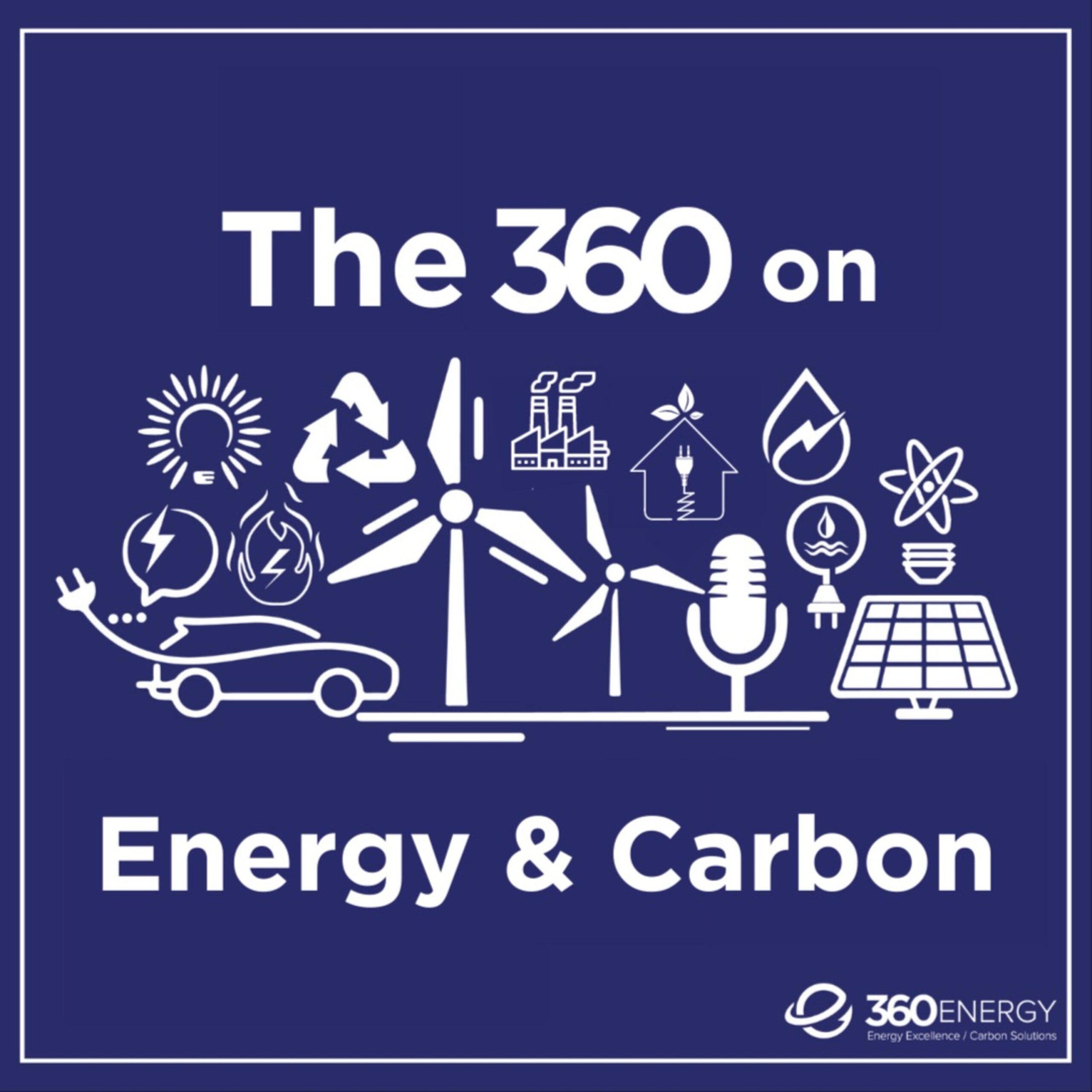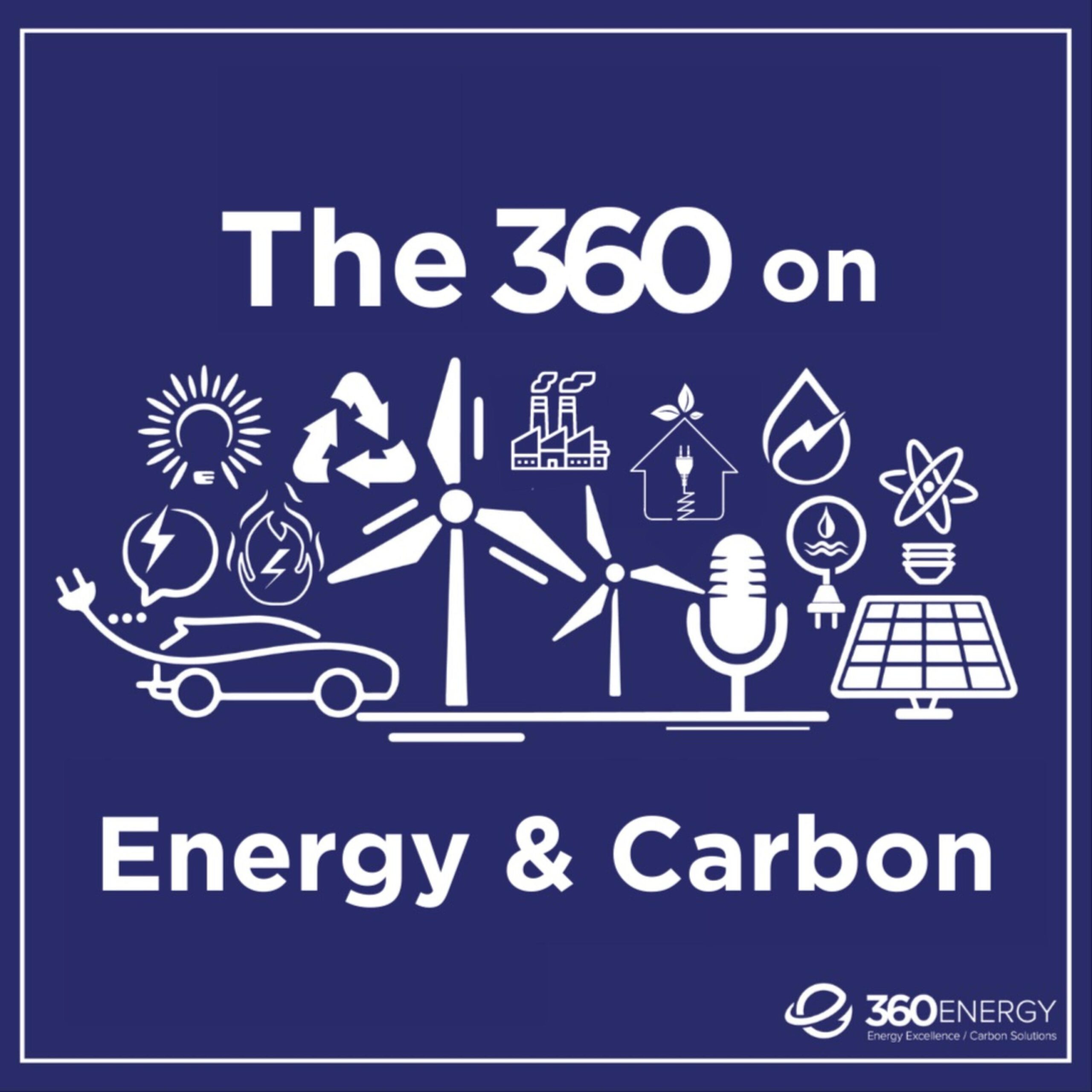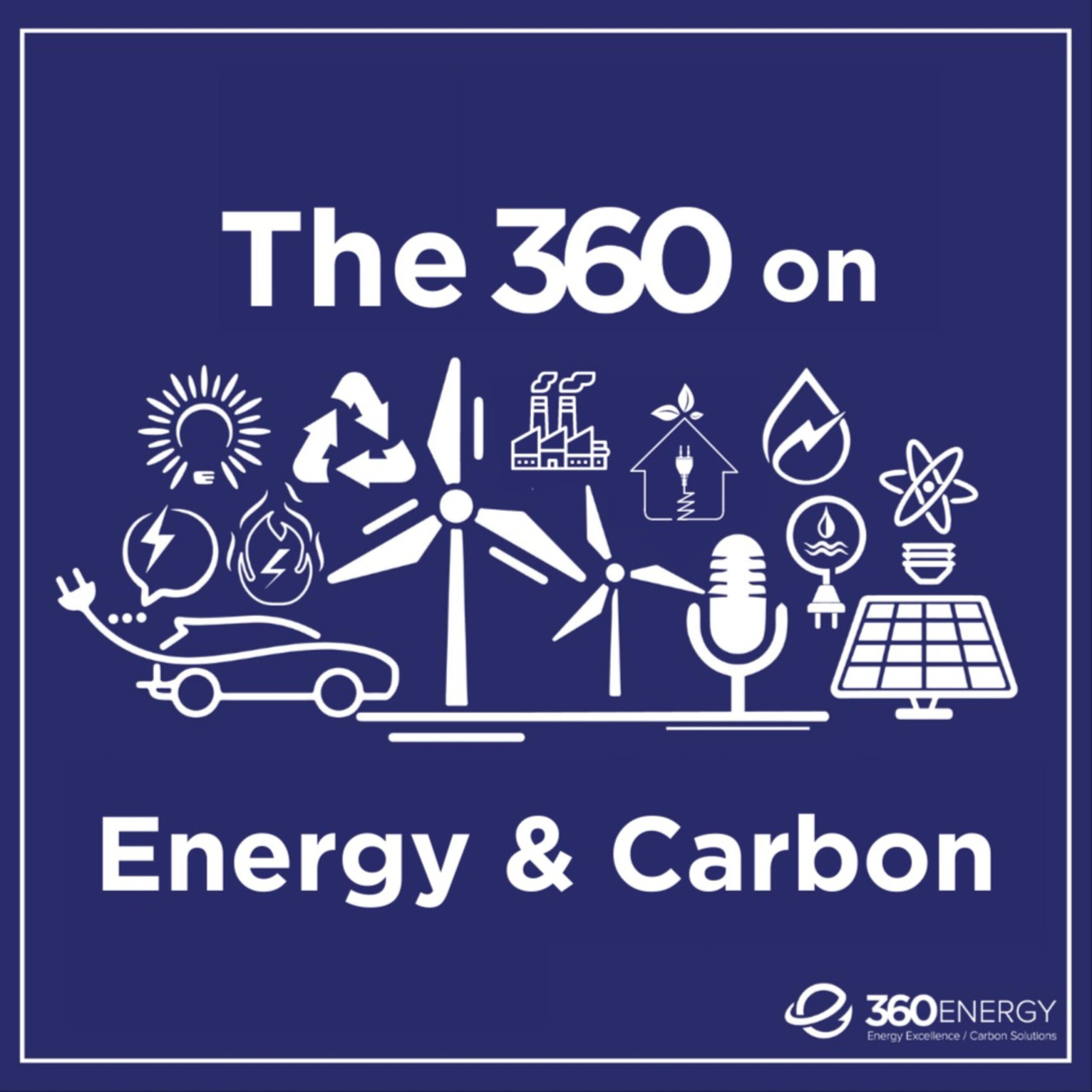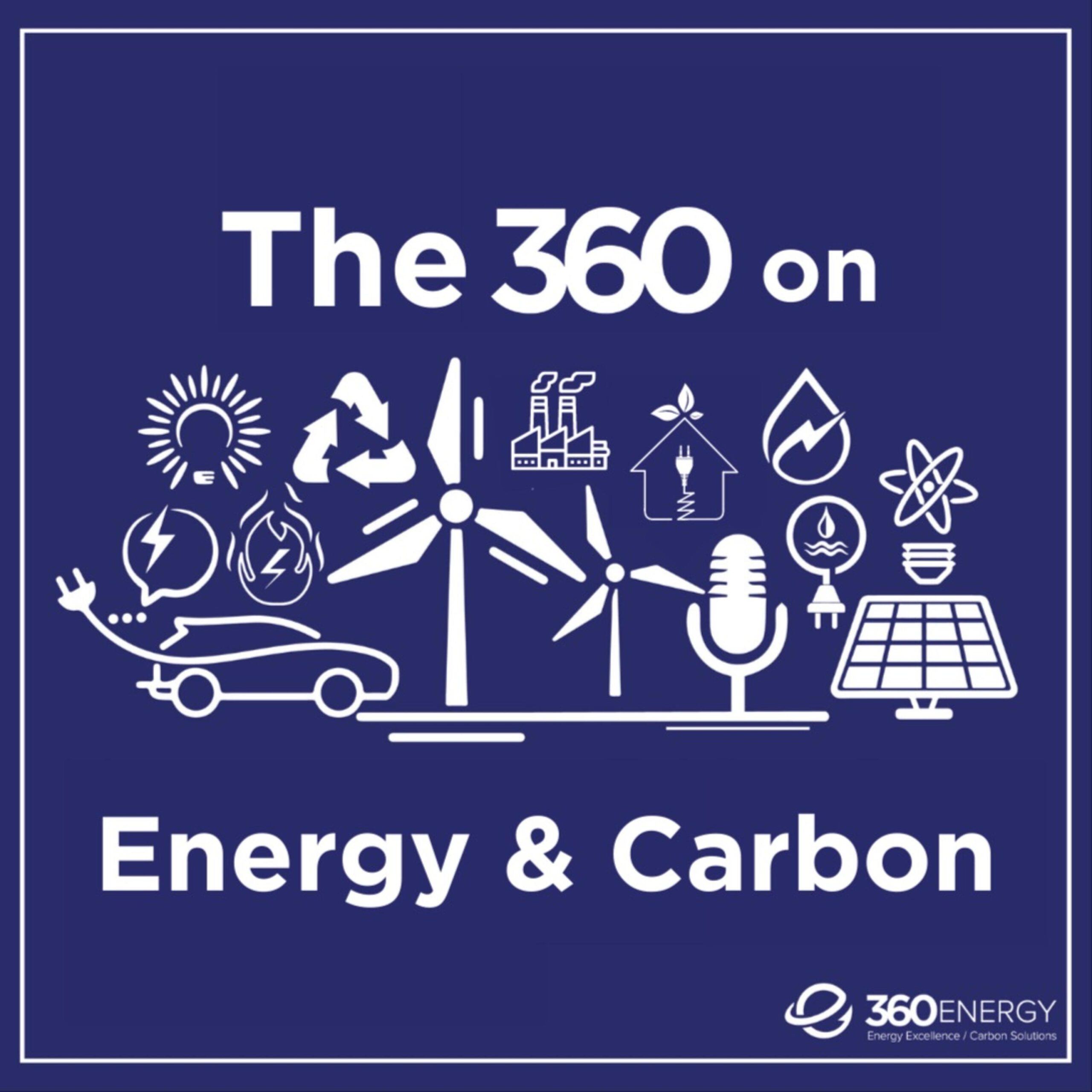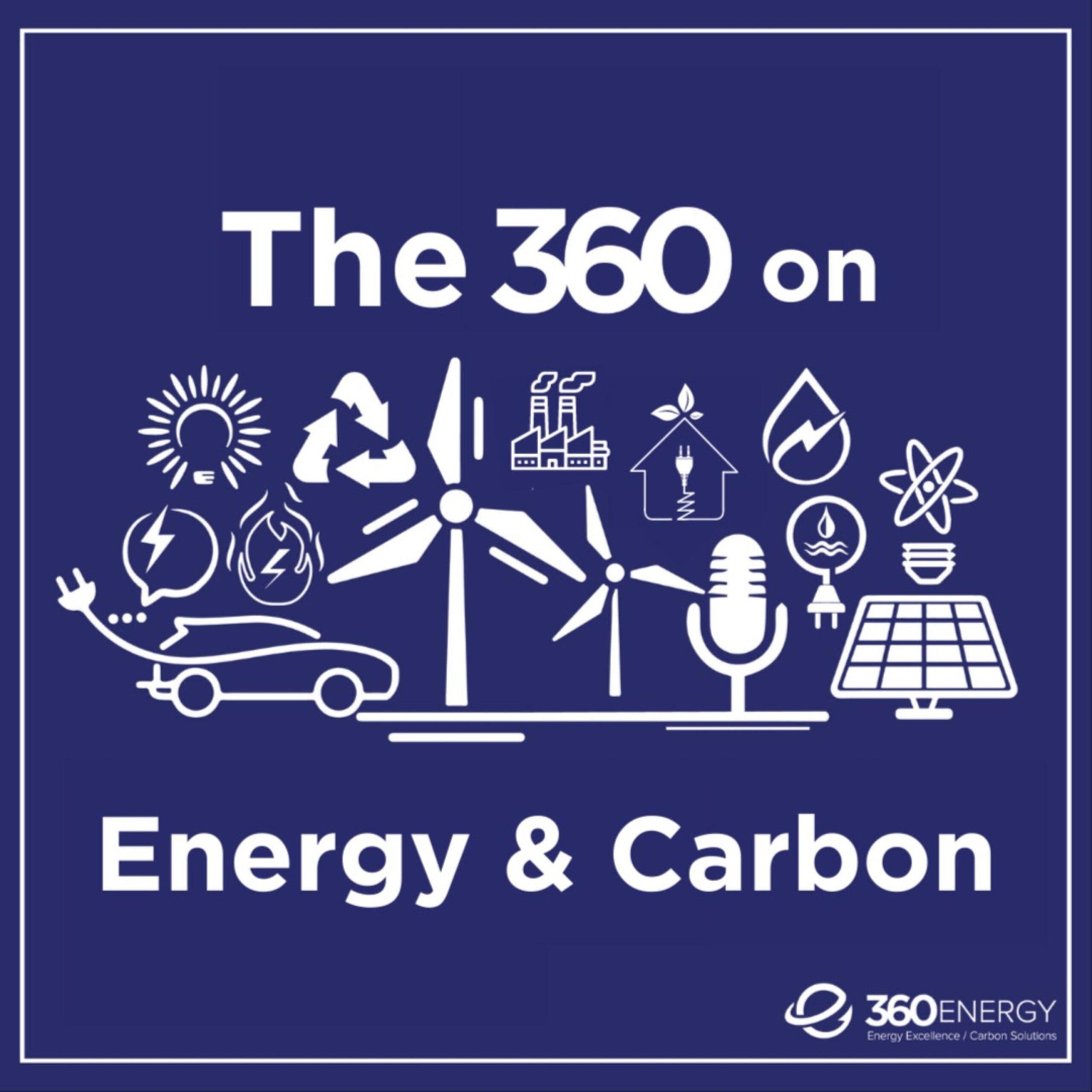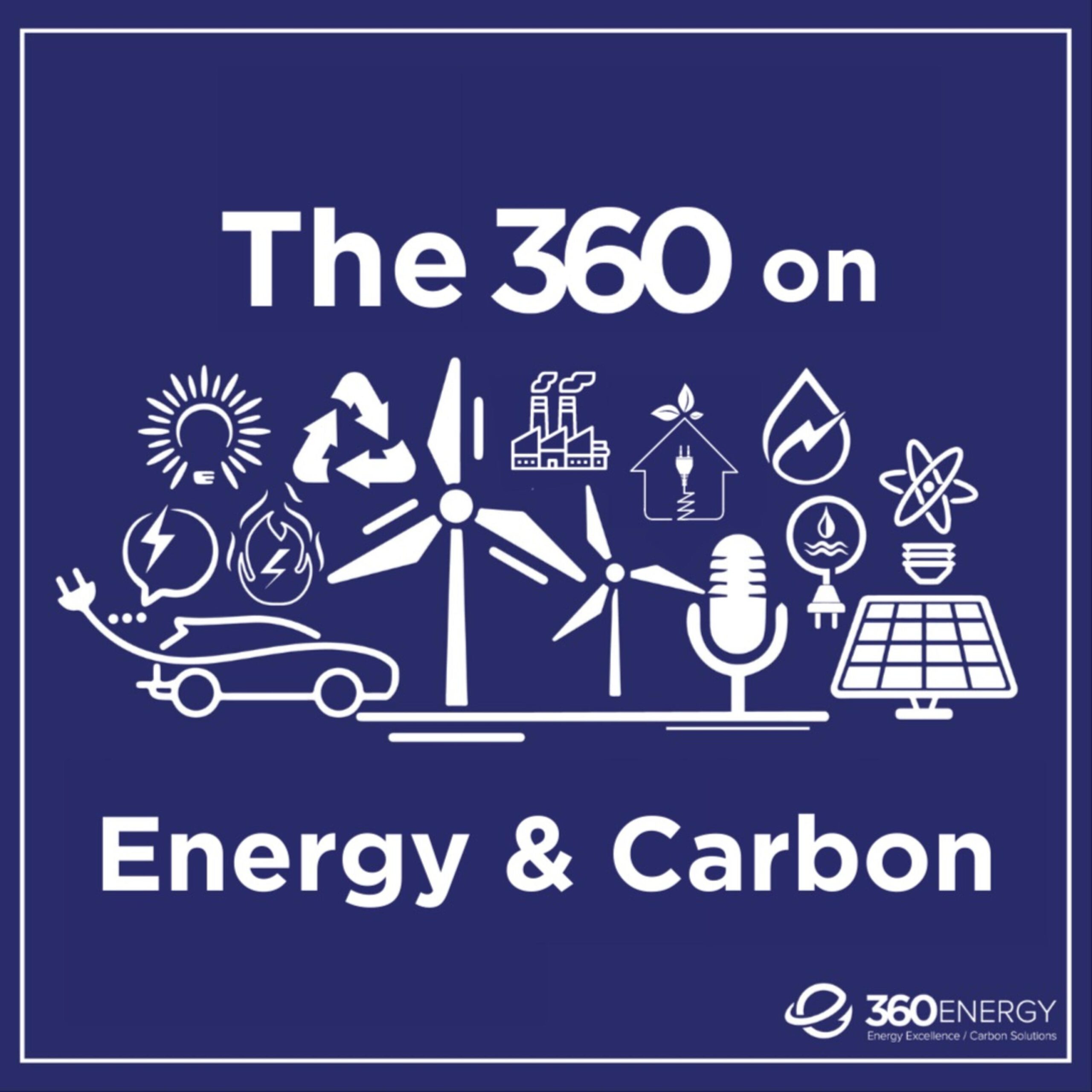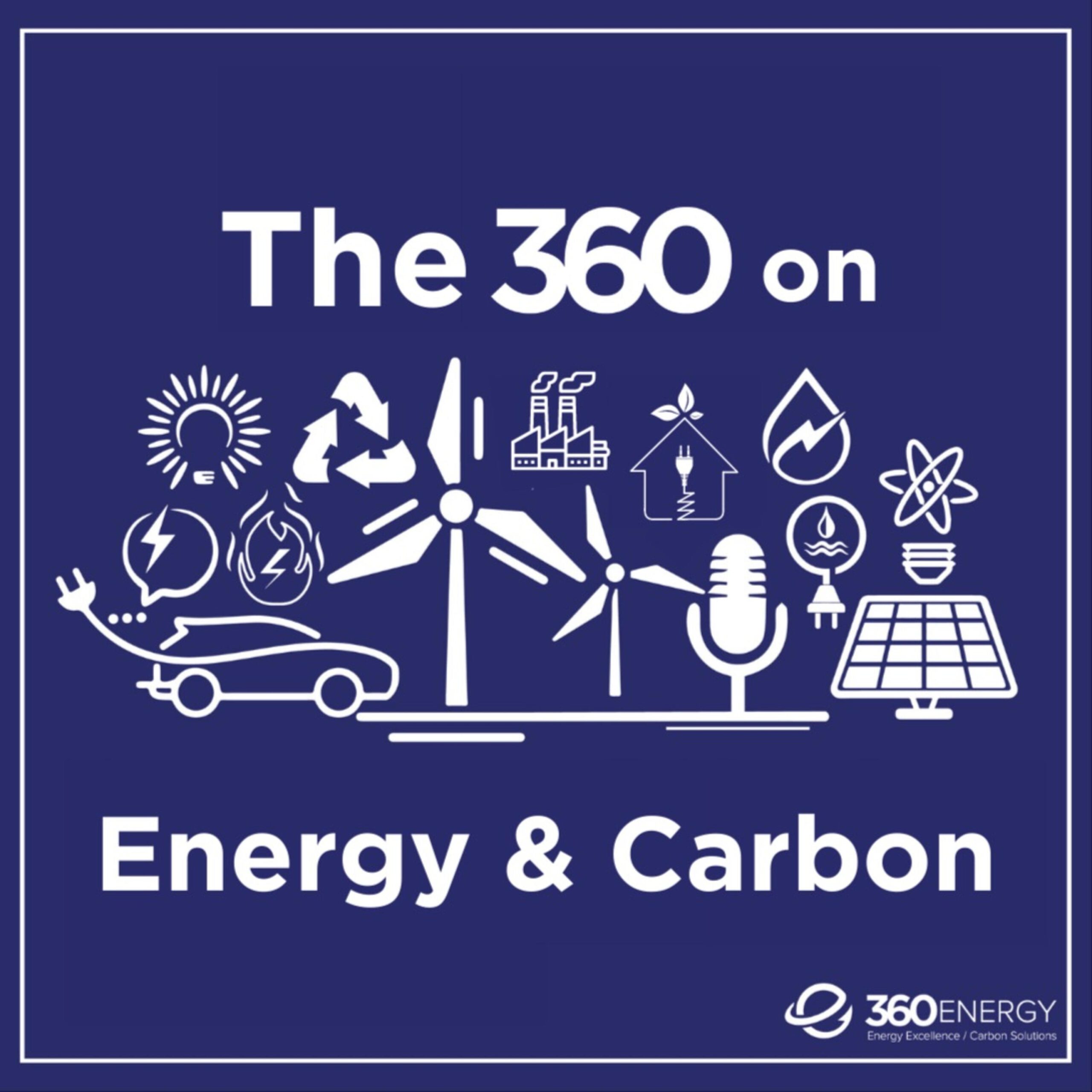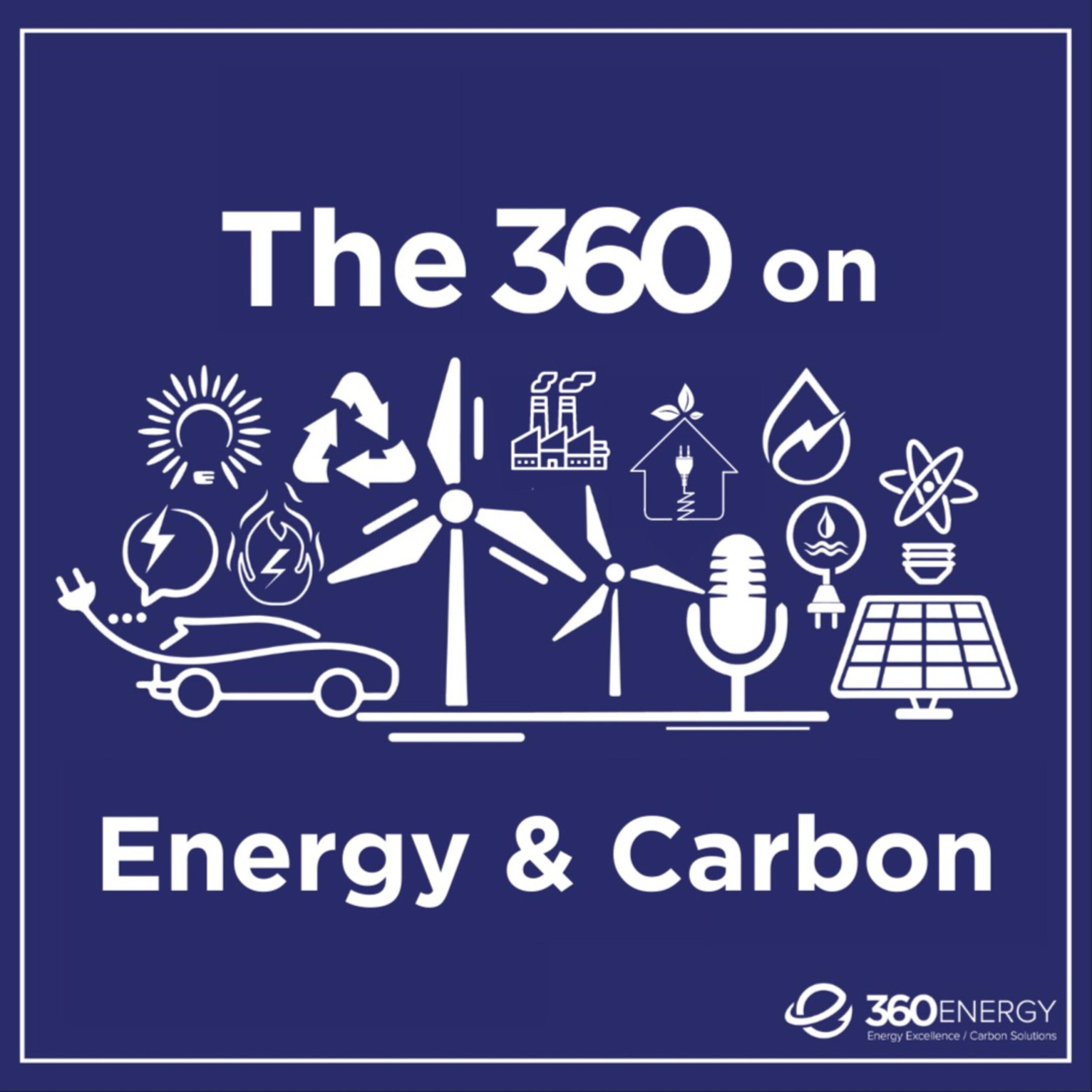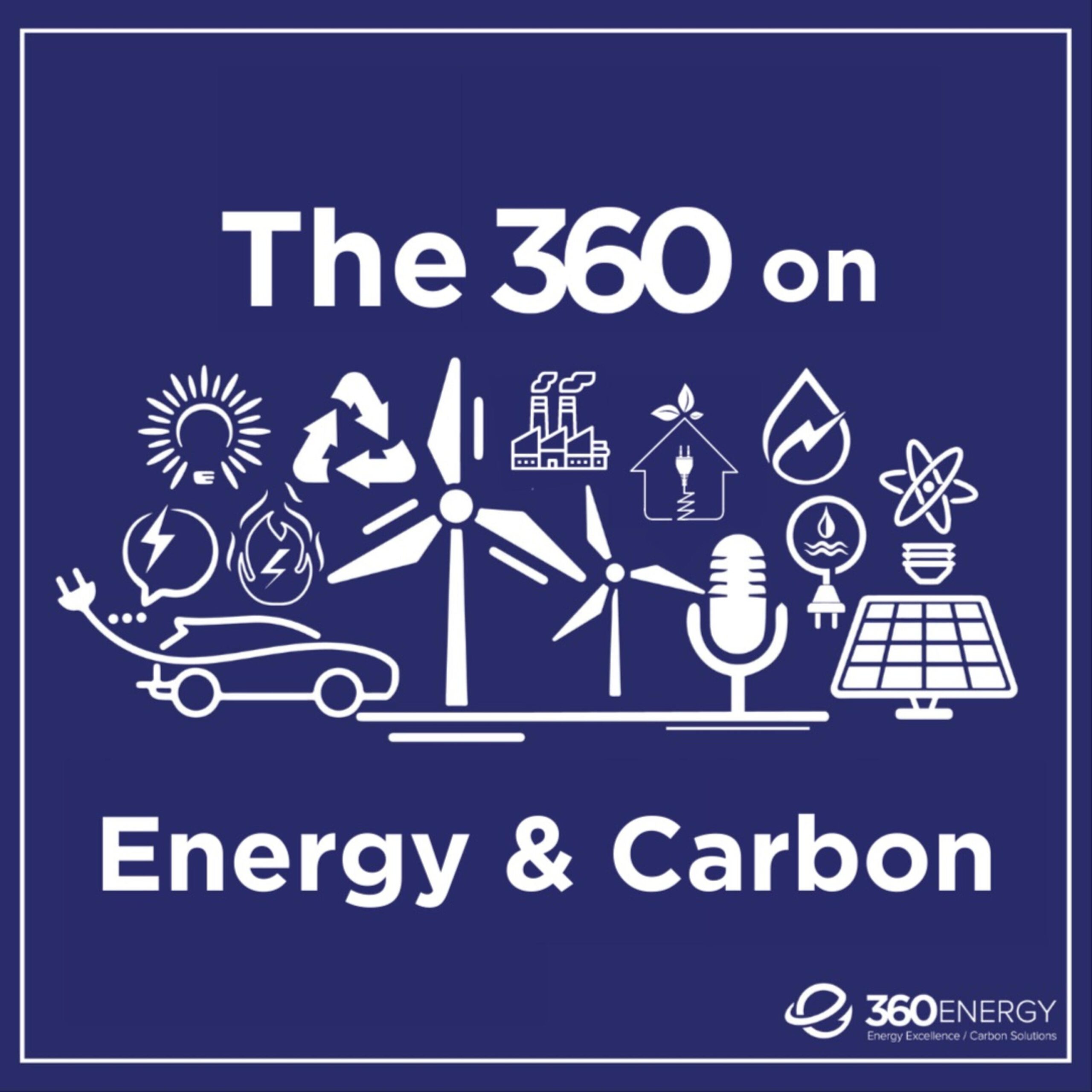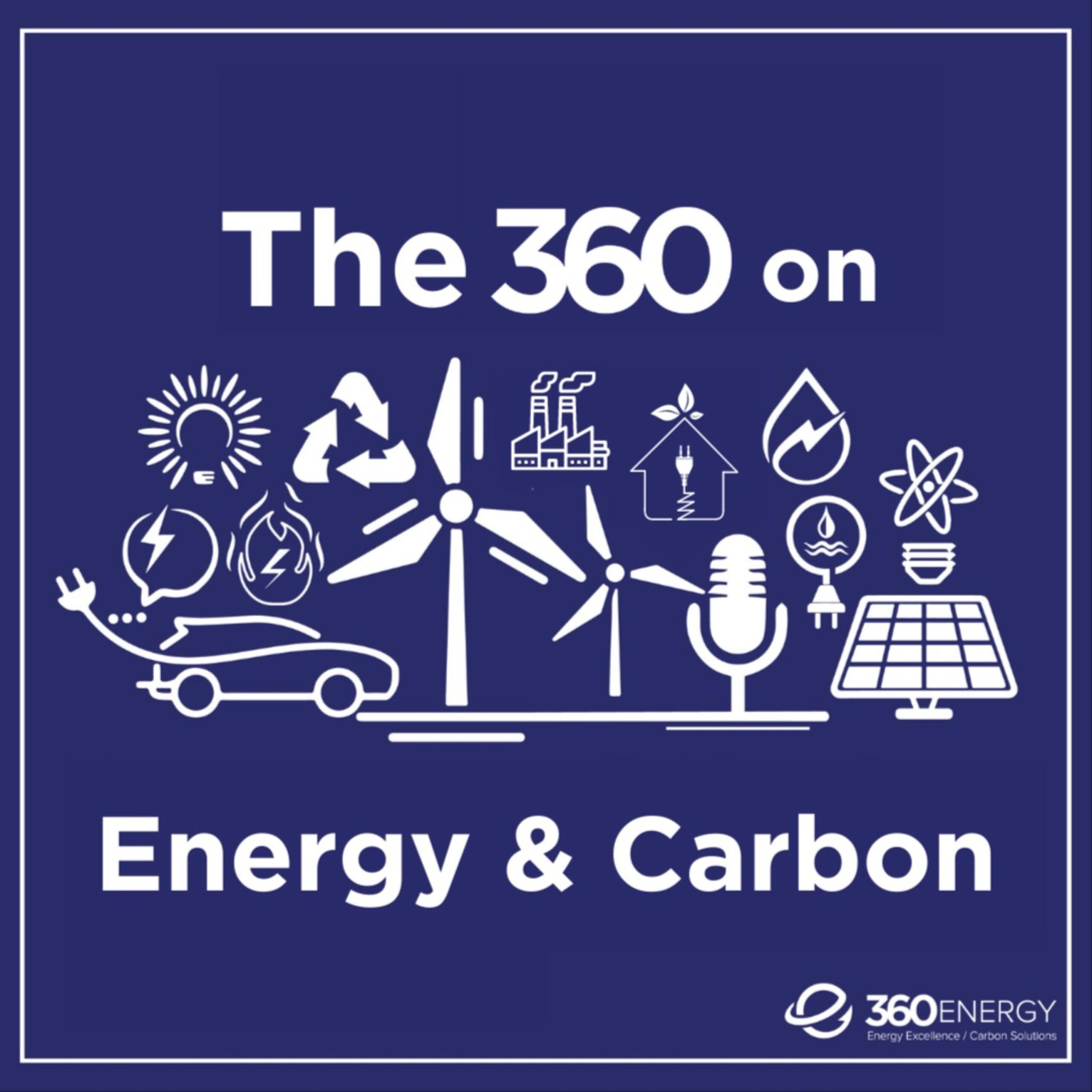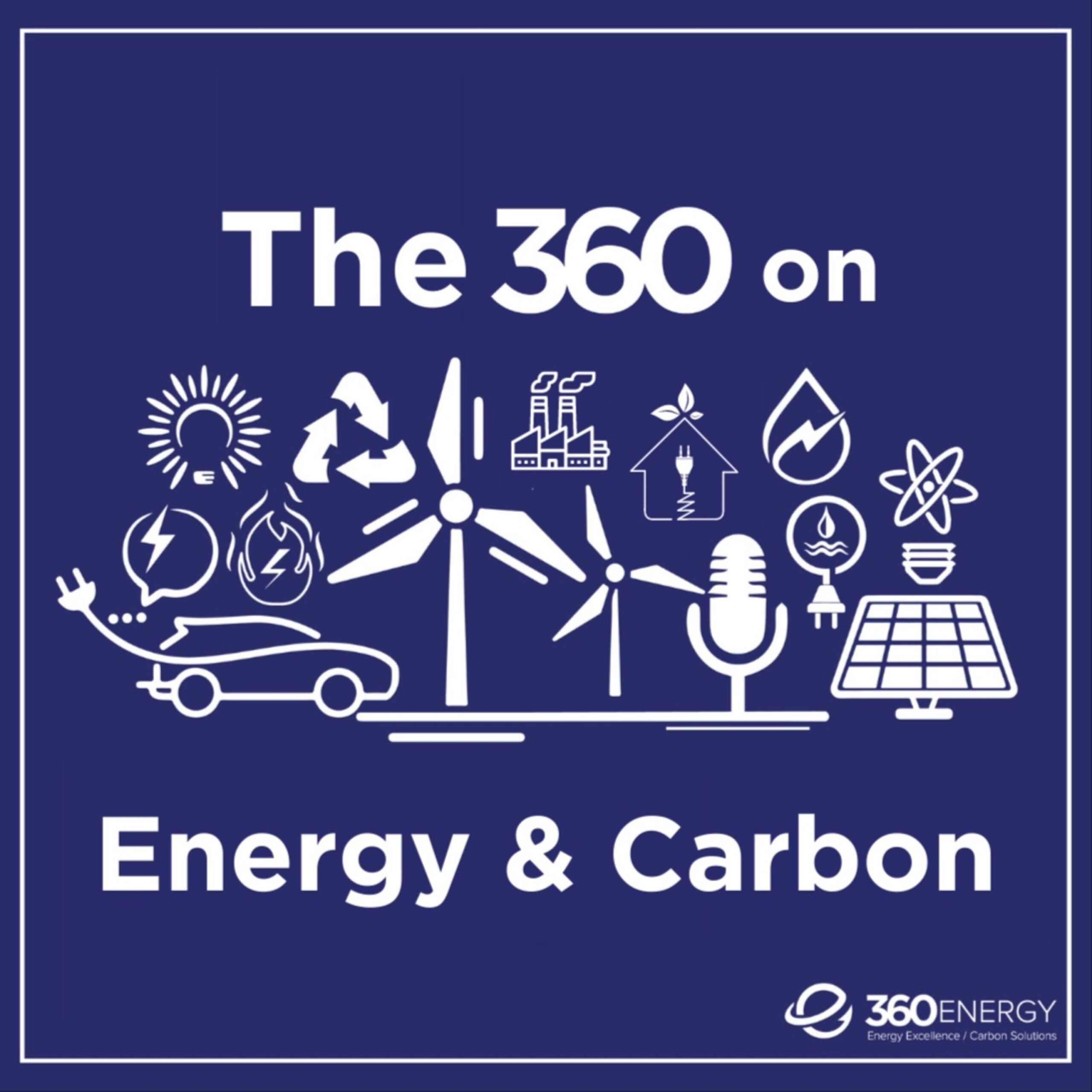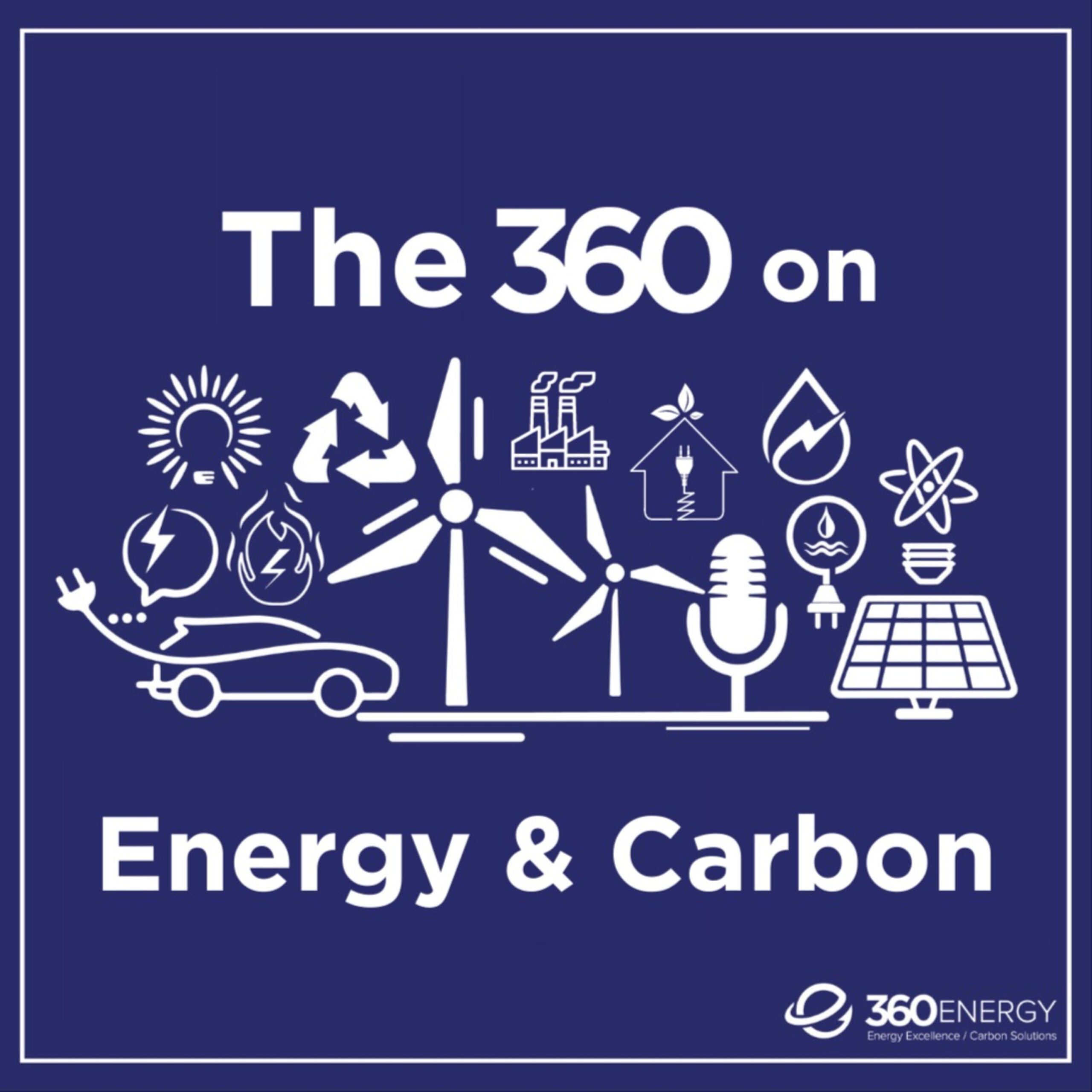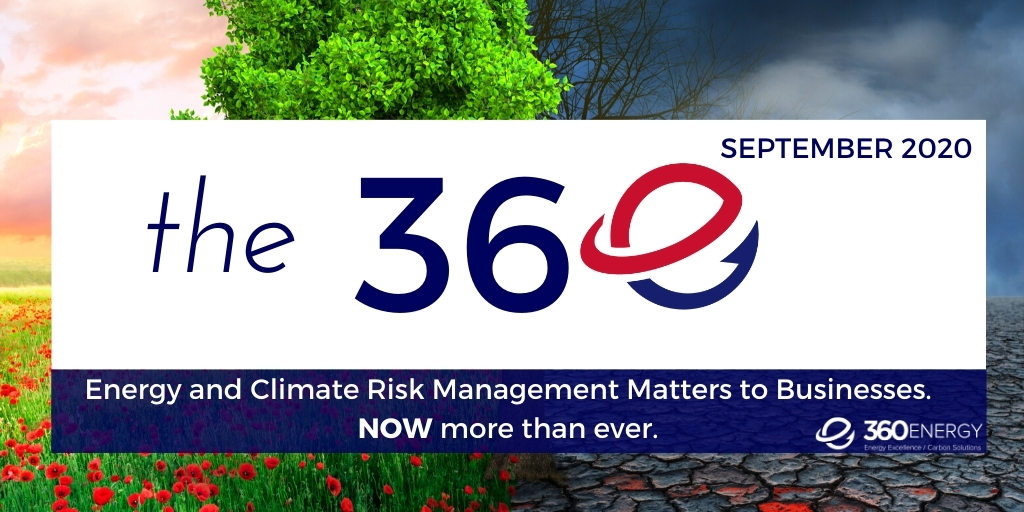

MESSAGE FROM CEO
Yes. We Can Control Energy
I left the utility business and started 360 Energy because I wanted to help organizations take control of their energy use and energy costs. I knew then, most energy users were paying more and using more than they needed to. Sadly, this is still the case at companies all over North America. But I now have over 30 years of evidence to prove that companies do not have to be passive energy price takers or wasteful users. They have choices.
With the right leadership, education and the right internal management processes, engaged employee teams are continually achieving measurable reductions in energy costs and carbon emissions year after year.
Energy is just like any other input – it can be used wastefully or productively. It is subject to market forces. Substitutes are available. Improvements can always be made.

Generating Smart Ideas to Keep the Lights On
This is an article that appeared on page 13 in the September edition of The Grower. By Karen Davidson
Five greenhouse growers, all fierce competitors, are collaborating in an energy usage project in the area of Leamington, Ontario. Why? Quite simply, they want to keep the lights on.
Working on The Grid Innovation Fund with the IESO, University of Windsor & OGVG we touch upon the upcoming challenges within the Greenhouse lighting symptoms in Leamington. We are helping our grower clients to look for solutions that optimize energy in a cost-effective way. It would be good not to rely on the grid all the time for economic and reliability reasons.
LEARN MORE ABOUT OUR INTIATIVE HERE

Consumers will soon know the carbon footprint for some of the goods they buy. Unilever has announced plans to begin labelling its 70,000 products with carbon emissions information.
The announcement reinforces Unilever’s role of being the world’s most aggressive consumer goods company in tackling carbon emissions. Unilever has committed to net zero carbon emissions from their own operations by 2039.
By the same token, suppliers may be wondering what steps they will need to take to continue to satisfy Unilever’s requirements as a key customer. It’s a question many more supply chain companies will be asking if Unilever’s actions motivate other consumer goods manufacturers to follow down the same path.
SEE HOW HERE

WEBINAR/ Incentives Can Trim Ontario’s Power Demand
Early June is an important time for large electricity users in Ontario. Between now and June 15th, large power users face an important decision. They can register for Class A Global Adjustment rates or choose Class B rates under the Industrial Conservation Initiative (ICI).
Companies with a monthly average demand of least 500 kW are eligible to participate in the Class A program. But, they must opt-in each year to enter, or to continue, in the ICI Class A category.
Email messages will soon be arriving from local electricity providers notifying eligible consumers of the opportunity to apply for Class A rates for the coming year.

WEBINAR/ Controlling Energy Blossoms for Dutch Greenhouse Grower
Forest fires sweeping through British Columbia and California. Massive snowfalls in New York. Hurricanes pummeling the American south. Flooding and tornadoes hitting Ontario hard.
Many businesses have had to shut down on short notice due to extreme weather events. The impacts were costly and highly disruptive. Being prepared in advance may not eliminate costly disaster outcomes. But an emergency preparedness plan will help minimize damage and accelerate the process of getting your business back to normal.
Does your disaster preparedness plan specifically address energy? Here are a few questions a robust and energy-conscious plan will answer:

